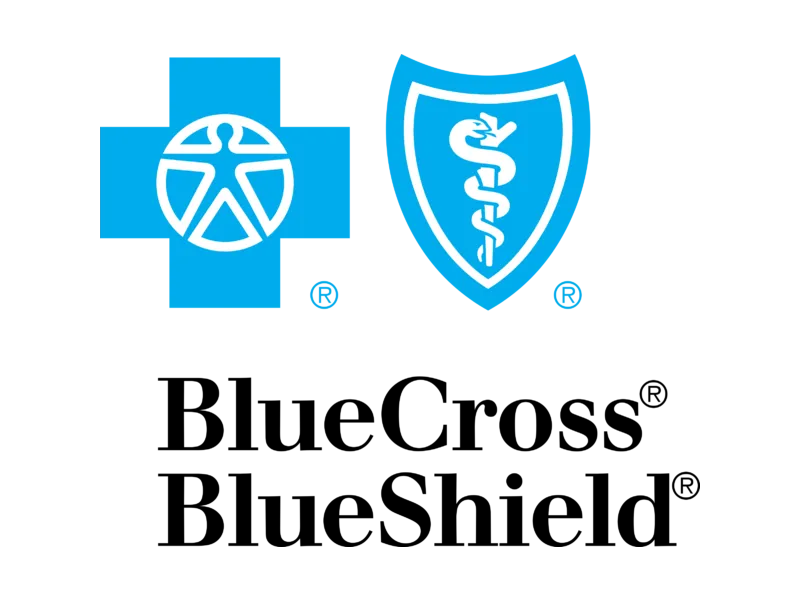in teens
As a parent, you might have noticed that your teen’s moods often bounce between extremes. Anger, frustration, and rage are all a normal part of being an adolescent.
The raging hormones of puberty make teens more susceptible to these emotions, often appearing suddenly through mood fluctuations or at heightened levels.
In other words, it’s not uncommon for teens to be defiant.
However, as a parent, it’s important to know the difference between normal anger and rage disorders—the latter of which tend to be more disruptive and may require professional support to manage effectively.
Below, we’ll delve into rage disorders in teens, their causes, effects, and practical strategies for recognizing and managing them.

Awareness and understanding are the first steps towards managing severe rage in youth. Only then can we, as adults supporting teens with rage disorders, support them in the best ways.
Environmental factors can also trigger rage episodes in teens. These include:
Genetic risk is also thought to play a role in teen anger and aggression—with some children simply being more genetically predisposed to difficulty regulating their anger.8
What’s more, during adolescence, teens’ bodies are flooded with estrogen, progesterone, and testosterone (the so-called “sex” hormones).9 The same hormonal fluctuations are sometimes responsible for the impulsivity and mood swings, which are often common hallmarks of adolescence for many teens (and their parents!).
Sometimes, teens’ struggles with anger go beyond what can be handled at home. If your teen is facing severe behavioral patterns of rage, don’t wait to seek professional support.
It’s particularly important to reach out if you think your teen could be a danger to themselves or others during episodes of anger, or if their struggles are interfering with their daily life.
For teens struggling with uncontrollable anger or non-compliance, Mission Prep’s inpatient and residential treatment programs offer structured environments conducive to healing:
Our residential treatment programs provide a safe, structured environment with 24/7 care where teens can receive personalized therapy, tailored to their unique needs. By temporarily removing teens from daily stressors and immersing them in a supportive setting, our programs can help bring a sense of community and kickstart healing.
Our inpatient mental health care programs are designed for short-term stabilization during mental health crises, such as severe episodes of anger or aggression. In our hospital-based settings, teens can receive 24/7 medical and therapeutic support to help them manage their distress. Once stabilized, they are supported to transition to outpatient or residential care for continued recovery.

Talking therapy involves meeting regularly with a qualified therapist to talk through and resolve any problems you’re facing. Therapy for teens struggling with suppressed anger includes a range of approaches, which we’ll explore briefly below:
This approach focuses on identifying and changing harmful thought patterns that contribute to rage episodes. It also helps teens to understand their anger triggers better.
This form of therapy aims to address any past trauma contributing to rage episodes.
This therapeutic approach provides teens with actionable strategies for controlling aggressive or angry outbursts in the moment.
This approach teaches teens to process and manage their emotions more effectively, including how to regulate frustration before it turns to aggression.
The same therapeutic approach won’t necessarily work for everyone. Reach out to someone from our team for confidential advice—they’ll be a friendly listening ear who can help you decipher which approach is most suitable for you and your child.
For teens struggling with rage episodes, family involvement in the treatment process can be a game-changer. Why? Because family dynamics have a huge part to play in the way teens feel and behave.
Building a strong familial support system—through family-focused therapy, for example—can help provide a safe space for teens to express their emotions and develop healthier coping strategies—tackling rage episodes from the inside out.
Our parent training programs strive to create a supportive home environment in which caregivers feel confident managing teen emotions constructively.
Our family therapy sessions seek to help loved ones resolve conflicts smoothly and rebuild familial trust. We help families work better as a team and learn healthier forms of communication.
Anger can boil over for all kinds of reasons—but the importance of uncovering familial triggers for rage in youth shouldn’t be underestimated. We recommend asking your teen about what’s making them angry.
It can also help to consider factors that may be impacting your teen. For example, parental separation, a death in the family, and any tense relationships between family members they might have witnessed, can all play a role.
Identifying these triggers can help you not only address it, but also find a support service that works best for your teen’s difficulties.
When these approaches are used in tandem with traditional therapy, they often prove highly effective. Some examples of these approaches are:
Different approaches will work best for different people. So, we recommend trying a few of these to uncover what’s most effective for you and your child.
However, we have one warning: be prepared for some trial and error. Your teen may reject or refuse some strategies straight off the bat, and it may take some time for them to get used to the idea of others. Continue to persevere, but let them lead, as this will give them a sense of control and independence.
So, how can you sustain your child’s progress after engagement in treatment? The good news is that by maintaining a proactive approach, you can keep your teen on the right trajectory for the future.
Helping your child to develop coping strategies for everyday stressors is paramount. If your teen is equipped with tools to manage intense emotions, they’ll be less likely to escalate to anger and aggression.
Encourage your teen to engage in ongoing therapy and schedule regular check-ins with a mental health professional. Together, they can devise a personalized rage relapse prevention program tailored to your child’s unique strengths and needs.
As a parent, you play a vital role in monitoring your child’s progress. By supporting them consistently and implementing some of the advice we’ve outlined, you can aid your teen’s recovery and pave the way towards a brighter future.
At Mission Prep Healthcare, we know this can feel like a huge responsibility – but we’re here to support you.

If you’ve read this far and notice some of your or your loved one’s struggles described, don’t hesitate to reach out for confidential support and advice.
It’s especially important to seek support if your teen is finding it hard to manage daily responsibilities, or if rage episodes cause behavior that is dangerous, reckless, or harmful—it’s never too late to take that first step towards help.
At Mission Prep Healthcare, we’re here to support you, and our hotline for confidential support and advice is at your disposal. For more complex or severe difficulties, our residential centers and inpatient programs offer structured support for teens in a calm, peaceful environment that’s conducive to healing.
At Mission Prep, we aim to provide compassionate support tailored to you or your child’s needs. Reaching out can be difficult. But whatever the circumstances, you don’t need to face them alone. Contact the team at Mission Prep today—we’re here to help.









Find out if Mission Prep is right for you by reaching out to us and speaking with one of our admissions representatives.
